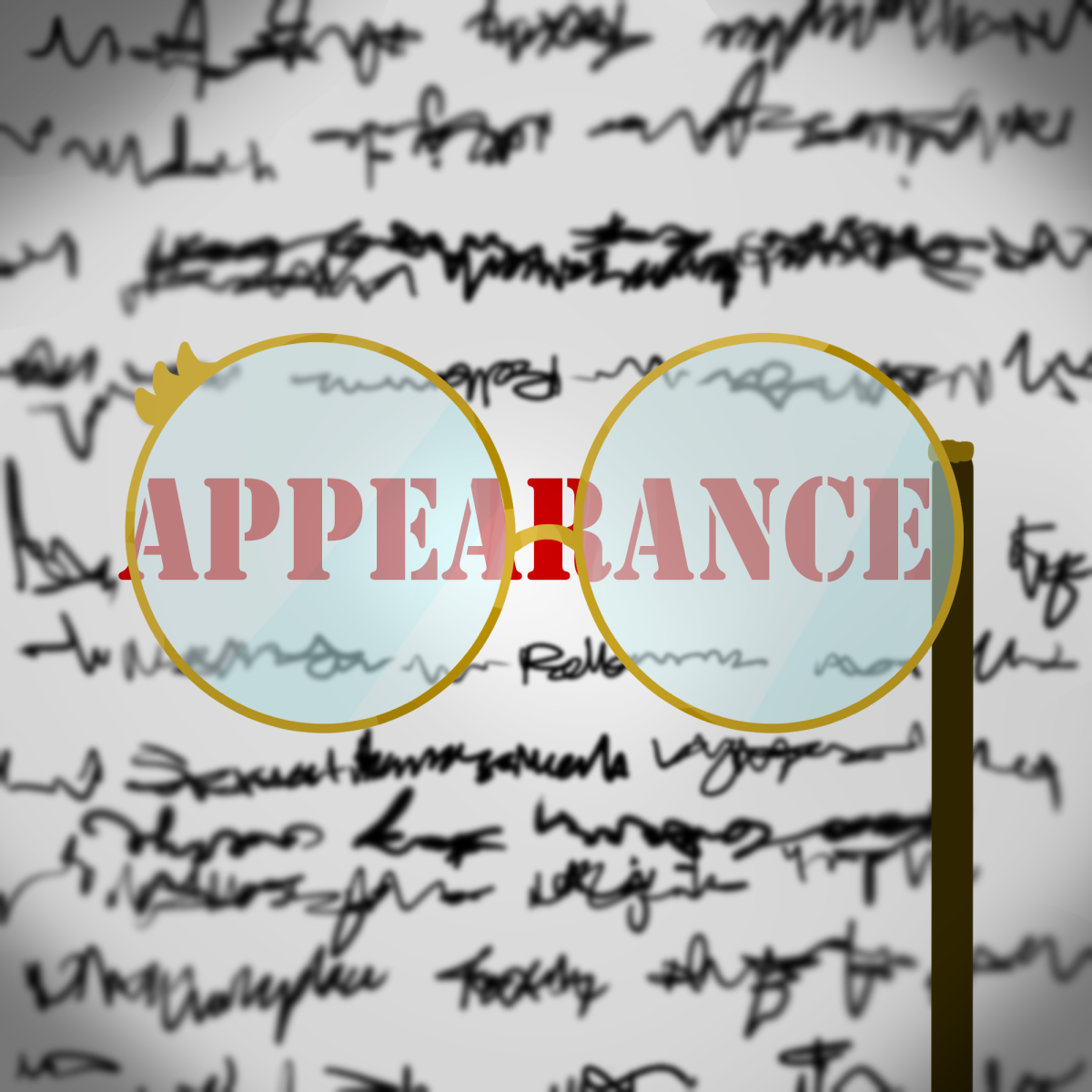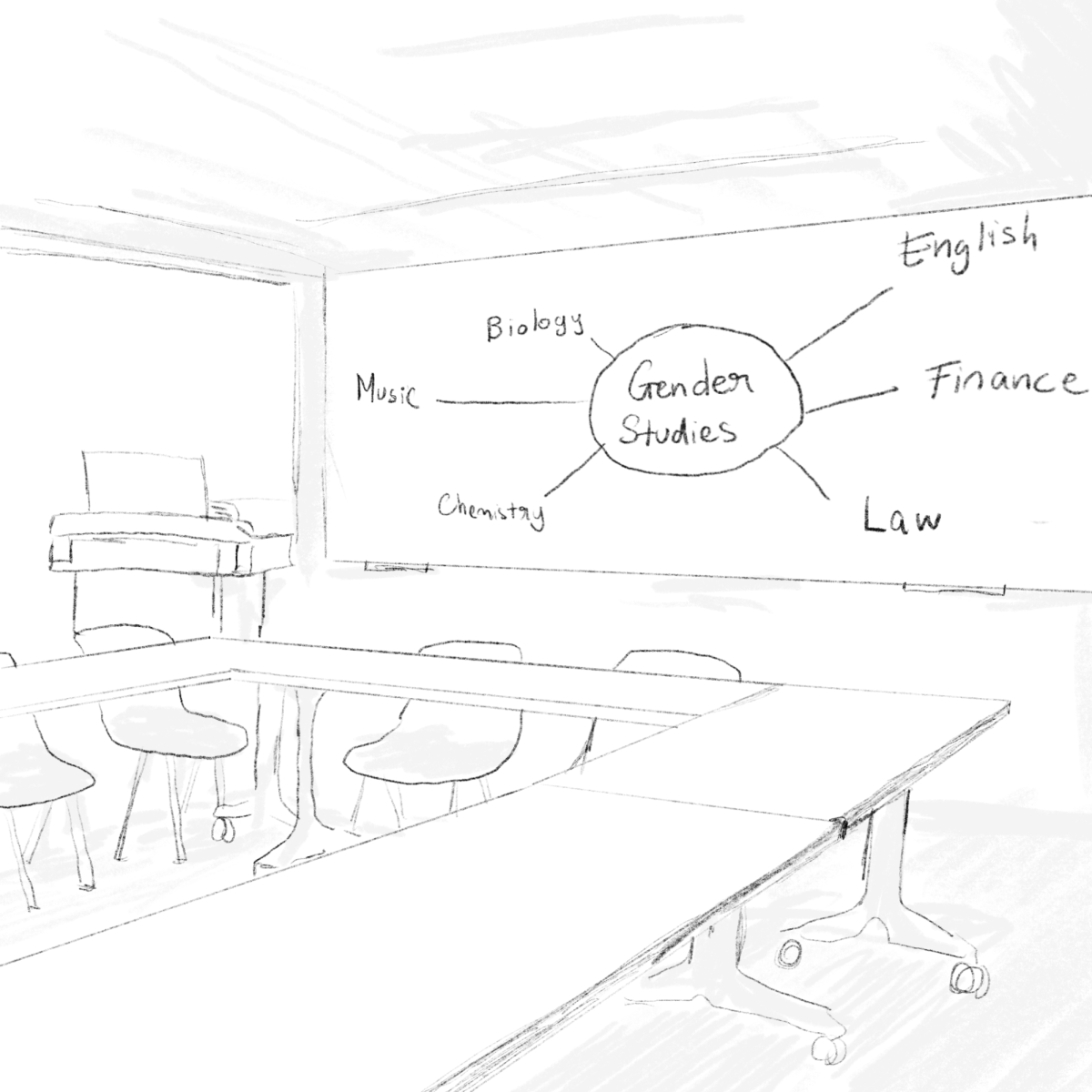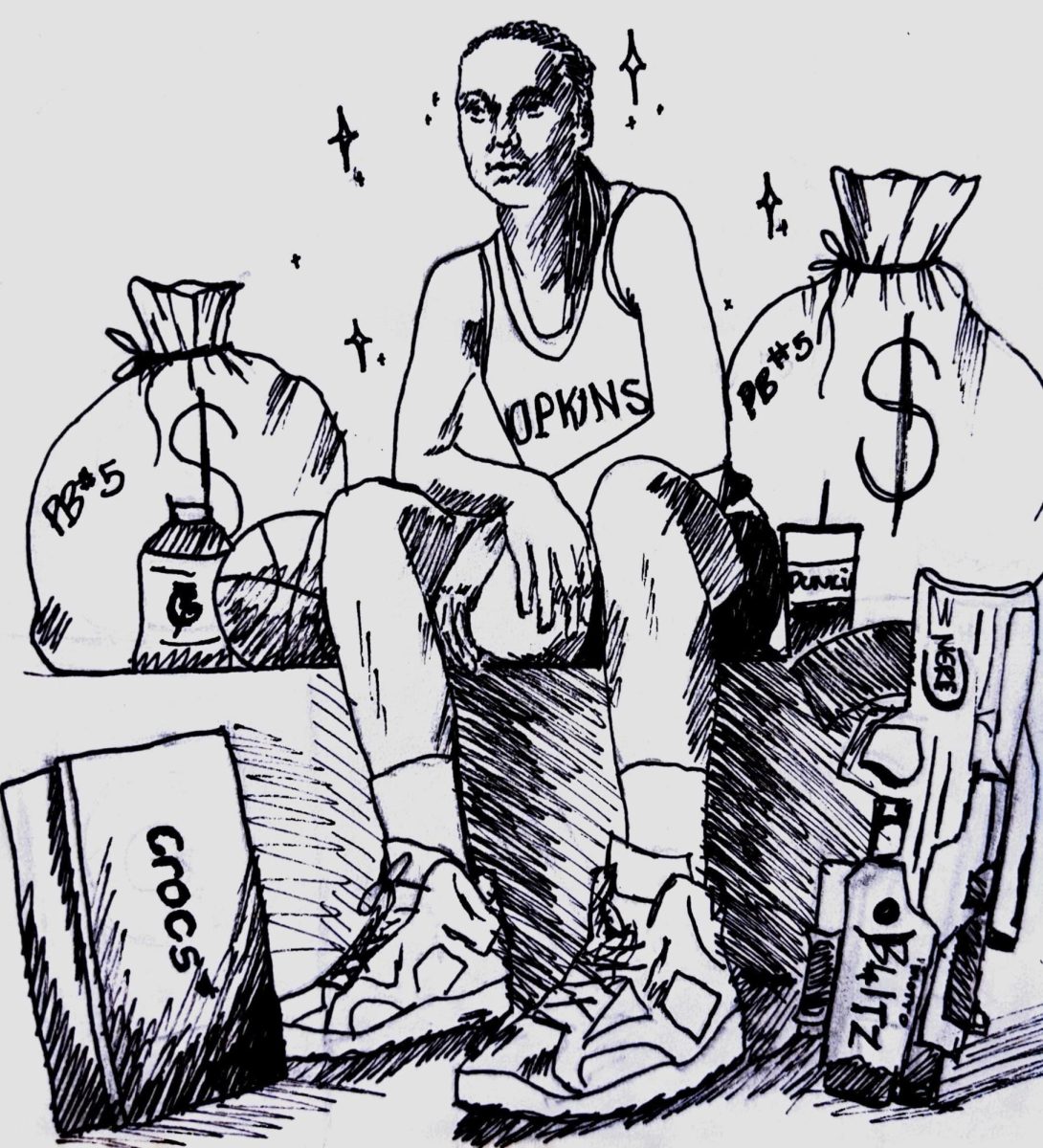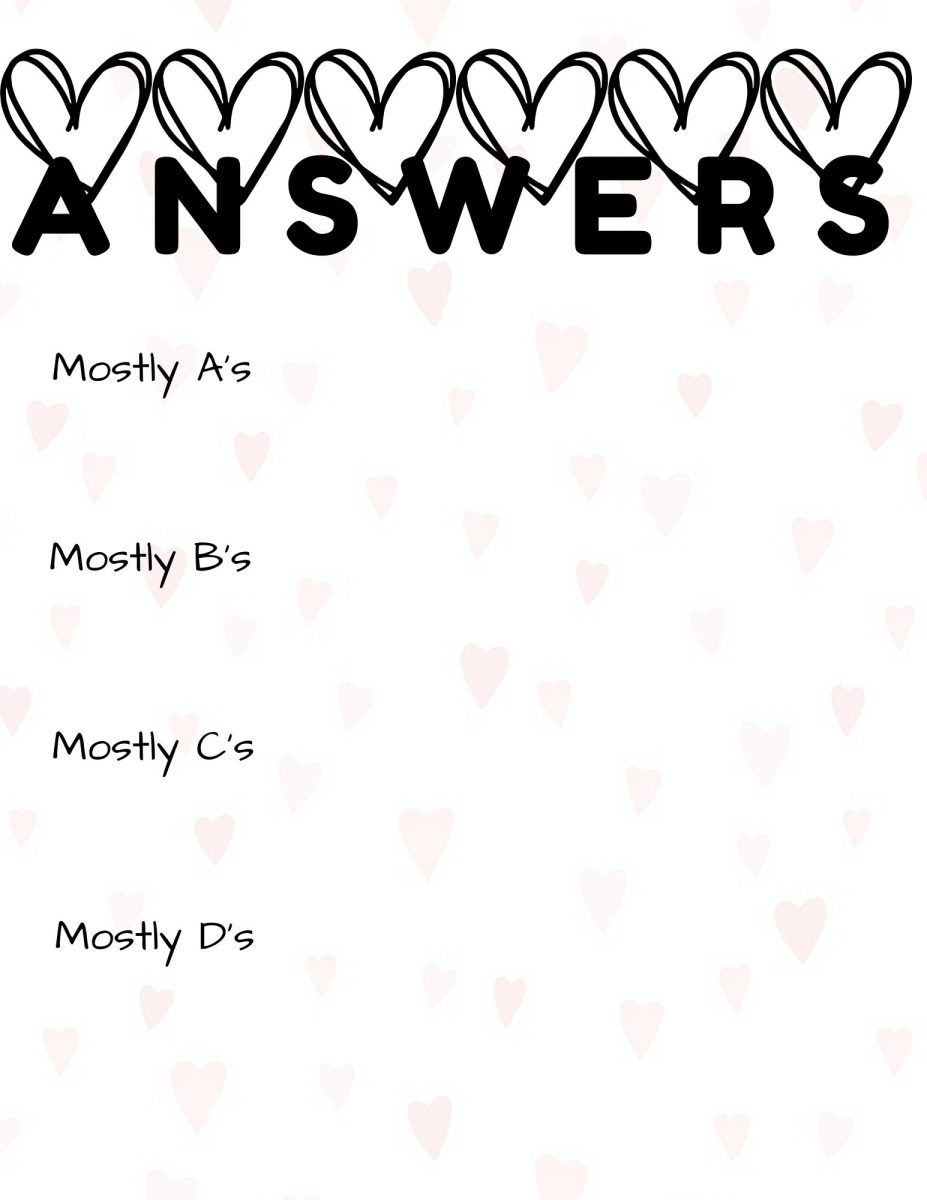It’s all too predictable that the fall of an influential figure gives a microphone to ignorant individuals to speak their true thoughts. Whenever a feasible excuse to scrutinize someone’s behavior arises, shameful jabs slip in through the cracks. Opening the door to critique is a double-edged sword; it’s impossible to regulate who or what comes through.
Lizzo’s lawsuit is a prime example of shooters missing their target. Allegations against Lizzo, horrifying ones, were raised: sexual, religious, racial harassment and blatant assault. Under no circumstances, however, is it an excuse to scrutinize Lizzo’s figure.
Celebrities host a power of influence that can sway entire communities, and Lizzo is no exception. The irony of body-shaming despite her image being centered around positivity is lost on no one. There’s no excuse for her actions, should the allegations be true. Criticism is expected and arguably warranted for crimes like these. However, there’s a fine line that separates commentary and downright abuse.
Social media has been buzzing with fatphobic comments about Lizzo since the announcement of this lawsuit. Using the lawsuit as an opportunity to alienate and attack her appearance proves cowardice; people are most comfortable spreading these opinions when they can be disguised as concurrent with public reaction.
This works retroactively with another issue; by stating that Lizzo’s body type is a deficiency, every person who looks or feels like her is being equally slandered. Intentional or not, attacking a trait or characteristic belonging to one person, regardless of their actions, is the same thing as attacking everyone else who shares that attribute.
The internet is a dynamic and constantly changing environment that provides a platform for people to speak their minds. The purpose of this interface is to act as a hub for creative expression, not immature personal attacks, although perhaps the opportunity for dissolving these brawls has long since dissolved. Now this arena is used for cruel jokes masked under the guise of “freedom of speech,” forgetting that no matter who the target is or what they’ve done, shaming their appearance is never okay.
This isn’t new; we’ve seen it with so many celebrities and even officeholders. In 2020, two representatives of Empower Texas, a conservative advocacy group, were fired due to a distasteful conversation about Governor Greg Abbott’s disability. The conversation was initiated due to discontent regarding a recent policy decision, but it soon veered into ableism.
As registered voters and Texas citizens, analyzing policy decisions made by the Governor is not only within their rights but is encouraged. Civic discourse is one of the reasons that any and all progress has been made toward establishing some semblance of democracy in this country. There are countless reasons to criticize decisions made by any officeholder — especially Abbott, despite party affiliation — but belittling his disability is not one of them.
To boot, whenever a contention dissolves into cheap, childish insults such as those thrown against Lizzo and Abbott, my eyes glaze over. It indicates to me that whoever is speaking isn’t intelligent enough to properly analyze and disagree with one’s behavior; instead, they’ve decided to degrade their assertion to something I’d hear at a playground from a six-year-old. Just as I’d tell that six-year-old, “Don’t make me call your parents.”
Once the claim is put forth that Abbott’s paralysis is somehow a contributing factor to what is or isn’t wrong with him, it calls into question the entire validity of all views presented, and honestly, I stop listening. The entire conversation becomes flimsy and invalid, and not worth my — or anyone else’s — time.
In high school, a teacher of mine disliked Abbott’s policies, but was always open-minded and allowed students to engage in factual and well-reasoned debates. His classroom was intellectually stimulating, an environment that welcomed heated discussions and valued disagreement. I always enjoyed his class — until one day, he made a foul comment about the governor’s wheelchair. After that, his postulations seemed flimsy, and his credibility dissolved into a sea of disappointment and untrustworthiness. I didn’t believe anything this teacher said going forward, and neither did the school board. He was fired a week later.
If there is one thing that we have, it’s the sheer audacity to play the judge, jury and executioner with no expertise whatsoever. We have, and likely always will, not reserve judgment for anyone, but there are some boundaries that shouldn’t be crossed. Ableism and fatphobia, among other manners of discrimination, are irrational attempts to align human appearance to what adheres to the mainstream western archetype.
These denigrations are always inexcusable, irrelevant of the actions of the person in question. Even though Lizzo may have done some sickening things, and Abbott may have proposed some disagreeable policies, being fat or having a disability is not one of them, and that is never up for discussion.









